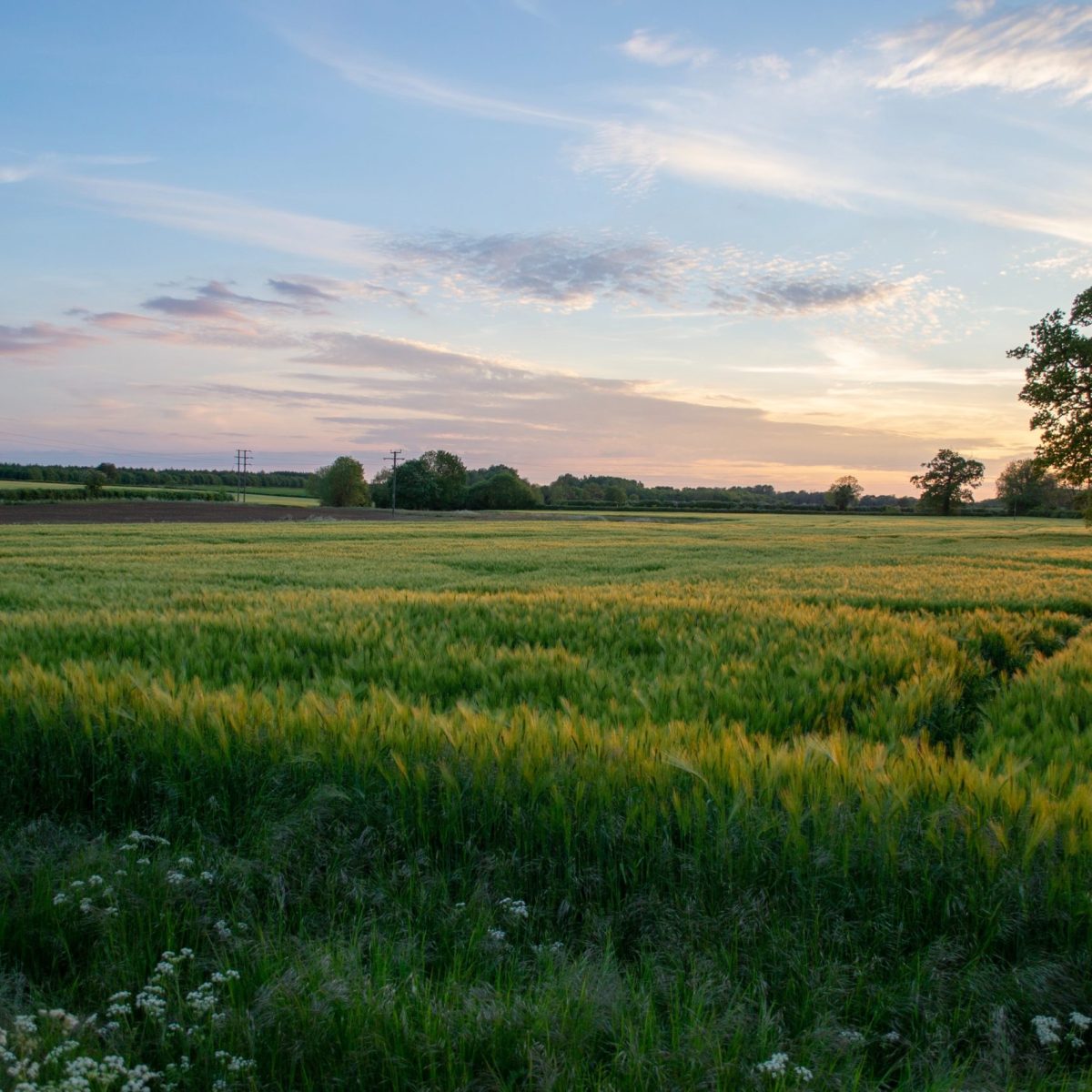What is overage? In this article, our Commercial Property expert, Yilmaz Ozgen, explains what overage is and how it works.
Clawback Agreements/Uplift Agreements/Overages. These terms are becoming increasingly frequent when sales of land are drawn up and all relate to when land is sold but the seller retains a financial interest in it after the sale, potentially leading to a significant payment in the future.
For example, land is sold for £50,000 and has successful planning for residential development granted on it. The land is sold to a third party with the benefit of this planning for £150,000. There was an overage clause in the sale which stated that 30% of the increase in value is payable to the seller if sold with the benefit of planning. The easiest £30,000 the seller will make, I’m sure.
Common points to consider include:
– What is the triggering event? Often, the ‘trigger’ will be either the implementation of the planning, or the sale of the land with the benefit of the planning. However, sometimes the trigger can simply be the granting of planning.
– What kind of development is covered? Is it purely residential, or should agricultural or equestrian use also be captured? What about the mythical Class Q Development (Jeremy Clarkson’s recent series “The Farm” touches on this) where an existing barn is converted into a house without the need for the usually stringent planning processes?
– Are planning costs to be deducted from the overage payment? On the one hand, should the payment be reduced by the buyer’s planning costs, or should these costs be accounted for in the overage payment given the buyer has invested in the land and the seller is already getting a bonus from the overage payment?
If you are thinking of selling land or barns this is definitely an area where you need specialist advice and help from land agents and solicitors and your local legal panel firm can help.
Find out more about our Agricultural team & expertise here
Find out about our NFU Panel Appointment here.




